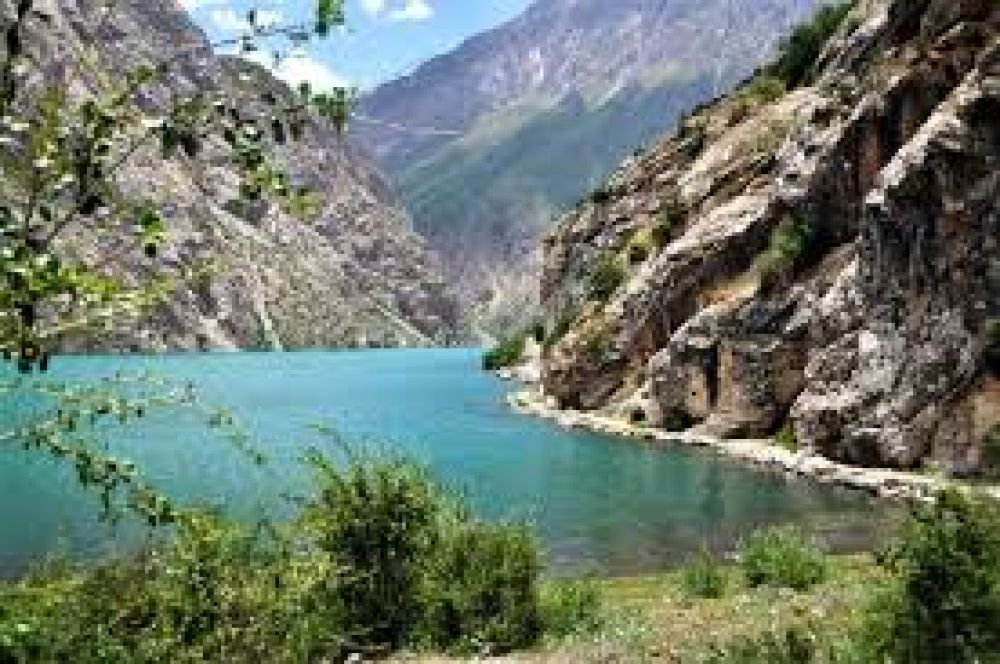

The Seven Lakes of Panjakent are a series of seven distinct mountain lakes located in the picturesque Fann Mountains of Tajikistan. This stunning natural attraction has a history that dates back centuries, but it wasn't until the late 20th century that Haft Kul started to gain prominence as a tourist destination. During the era of the Soviet Union, the Fann Mountains became an accessible getaway spot for adventure seekers and nature enthusiasts within the Soviet states.
After Tajikistan gained independence in 1991, the nascent country began to slowly open up to international tourism. In the early 2000s, development of tourism infrastructure around the Seven Lakes started, facilitating easier access for visitors. Guesthouses and tour operations began to emerge, catering to the needs of trekkers and those looking to enjoy this natural marvel.
With the advent of the internet and social media, the popularity of the Seven Lakes has continued to grow as stunning photos and travel stories reach enthusiastic audiences across the world. This remote location is now becoming a bucket-list destination for those seeking off-the-beaten-path adventures and cultural experiences.
The latest trend in tourism for the area is an increasing focus on sustainable and responsible travel. Visitors are becoming more aware of the environmental footprint their travels have and seek to minimize their impact on the pristine natural landscape of the Haft Kul region. As a result, community-based tourism is gaining traction, with local homestays and guides providing authentic experiences that are in harmony with the local environment and culture.
Moreover, there's a rise in interest for health and wellness retreats, where tourists come to rejuvenate amidst the serene lakes and breathtaking mountain backdrop, which has prompted several eco-friendly and wellness-oriented accommodations to develop in the area.
Adventure tourism is also experiencing significant growth, with more visitors engaging in hiking, climbing, and horseback riding activities. The Seven Lakes thus offer a rich combination of unspoiled nature, physical challenge, and spiritual replenishment.
In addition, due to the digital transformation, there's an increase in digital nomads who choose to work remotely from scenic locations around the world. Panjakent's Seven Lakes present an idyllic setting for those who seek peace and inspiration away from the hustle and bustle of city life.
It's important to note that despite its rising popularity, Haft Kul still requires visitors to have a certain level of preparedness for the rugged terrain and remote conditions. Nevertheless, the otherworldly beauty of these turquoise lakes nestled among the high mountain peaks ensures that the journey to Panjakent's Seven Lakes is a rewarding one.
Lastly, the global pandemic has impacted travel trends, with an increased demand for less crowded, outdoor destinations. The Seven Lakes, with their wide-open spaces and limited tourist footprint, have naturally become a sought-after locale for safely distanced vacationing.